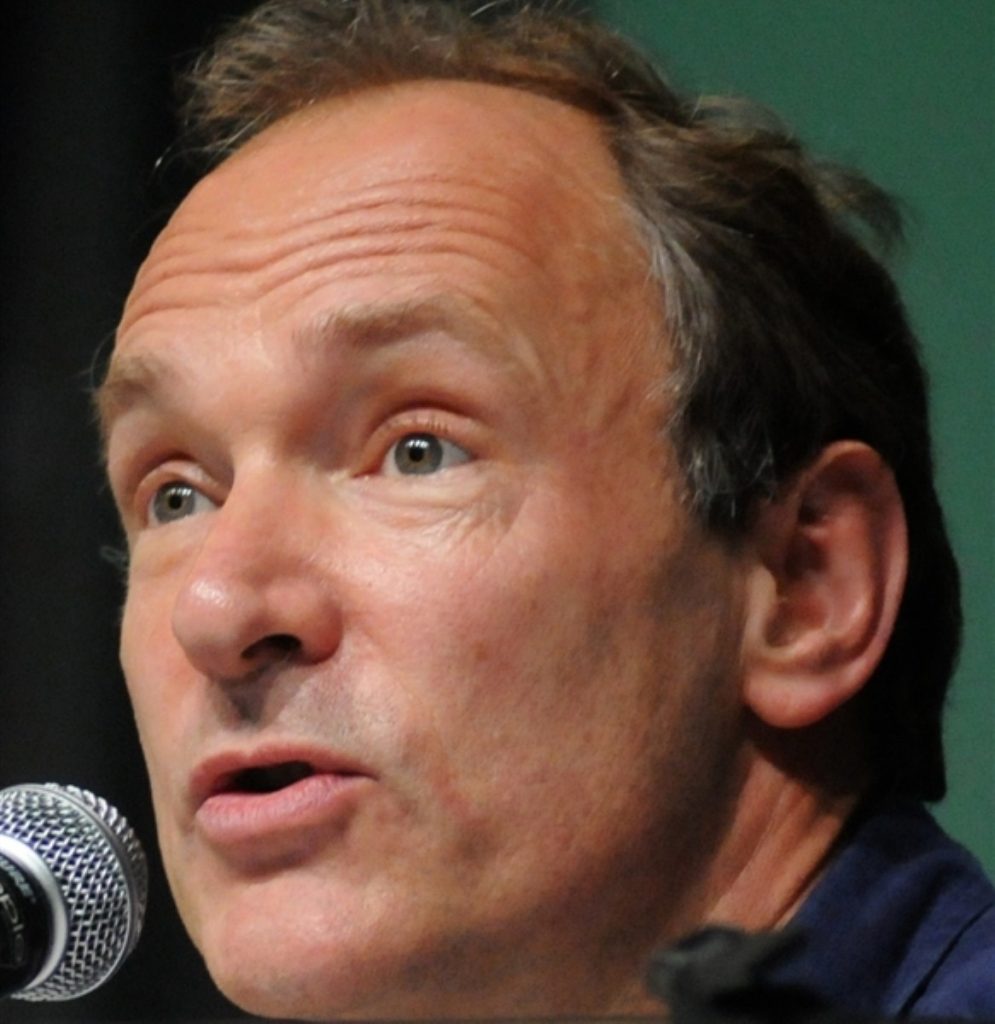Web inventor charts new course for govt data
Web inventor charts new course for govt data
By Alice Cannet
Sir Tim Berners Lee has said his new job of opening up government data was ‘beyond politics and beyond global borders’ today.
The world-wide-web creator was asked by Gordon Brown to help make government data more accessible online.


“I think there’s a public demand for transparency. This is way beyond party politics and beyond global borders,” Sir Tim said.
The prime minister hired Sir Tim on Wednesday, telling MPs he ‘”would help us drive the opening up of access to government data in the web over the coming month,” in order for government information to be accessible and useful for the widest possible group of people.
Sir Tim spoke to the BBC from Boston, where he lives, and said that the public was getting increasingly eager to gain access to government data.
“This is our data, this is our taxpayers’ money which has created this data so I would like to be able to see it please,” he said.
Last Friday, Alan Sugar was appointed as enterprise tsar by the prime minister as part of his cabinet reshuffle and government overhaul.
Sir Tim, however, did not liken their roles and told the BBC: “I am not comparing myself with Sir Alan Sugar in any way, in any dimension,” when he was asked about public figures hired by the government as ‘window-dressing’.
Campaigning for better access to government data, he got people to chant ‘raw data now’ during a Technology, Entertainment, Design (TED) conference in February.
He told the audience: “You have no idea about the excuses people come up with to keep data out of your hands, even when you as taxpayers have paid for it.
“If you know about some data in a government department, often you find that these people, they’re very tempted to keep it.
“You hug your database, you don’t want to let it go until you’ve made a beautiful website for it.
“Make a beautiful website, but first give us the unadulterated data, we want the data,” he told the conference.”
Sir Tim Berners Lee conceived the technologies behind the Web while working in Switzerland in the early 90s at the European Organisation for Nuclear Research (Cern) which built the first web site put on line on 6 August 1991.

